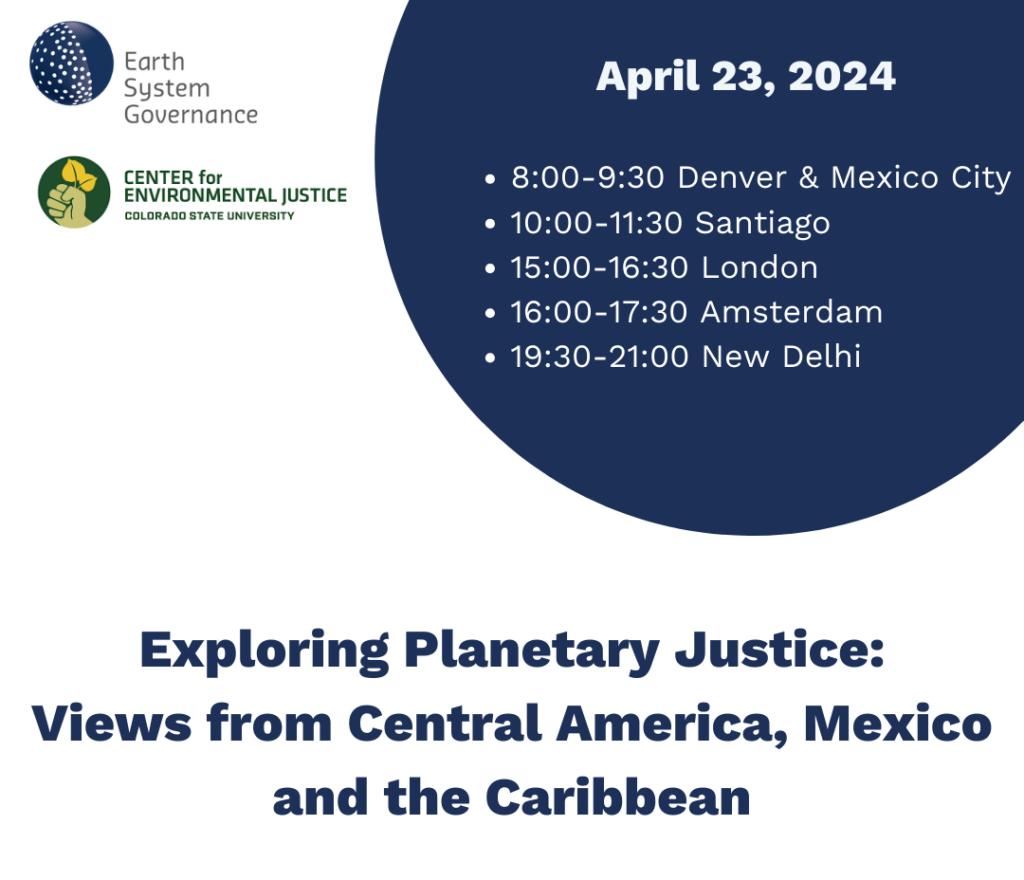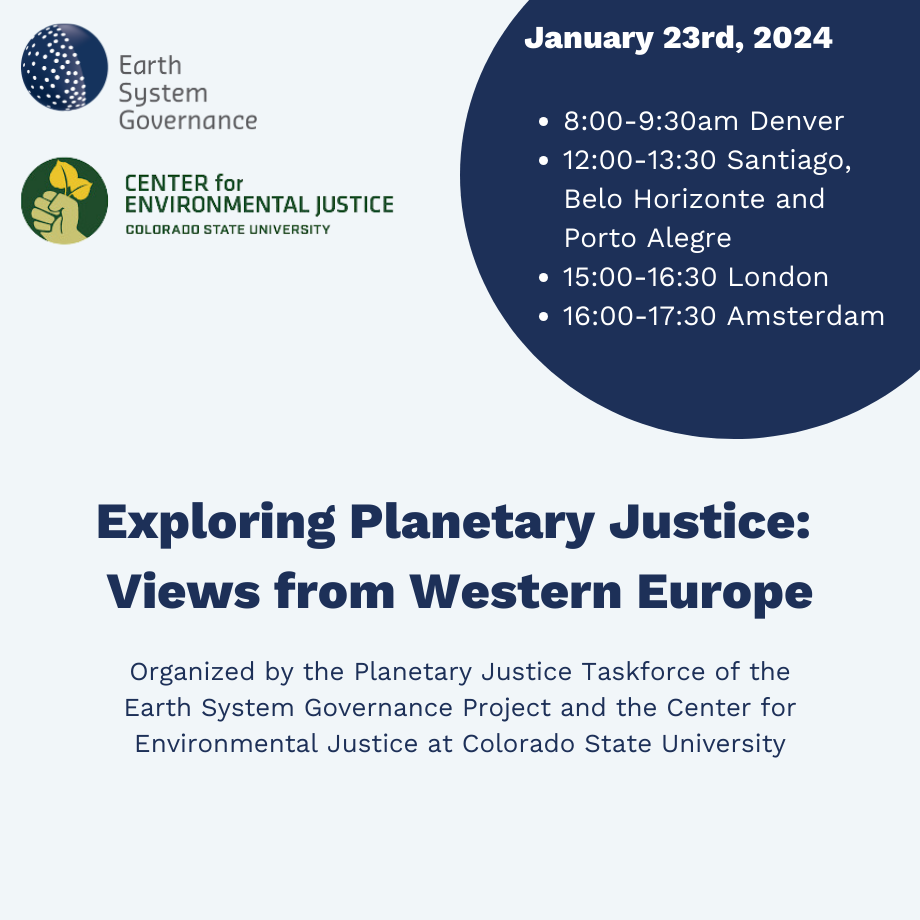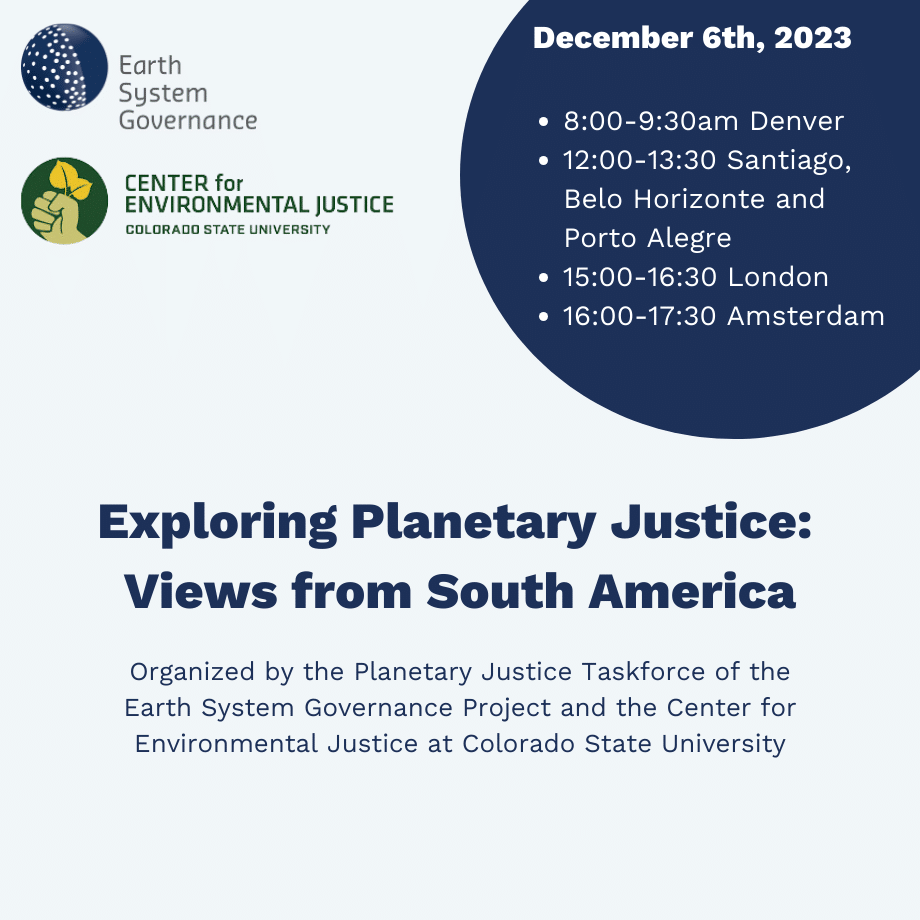We cordially invite you to the “2012 Berlin Conference on Evidence for Sustainable Development”, which will be held on 5-6 October, 2012, in Berlin. It will be the 11th conference in the well-established series of Conferences on the Human Dimensions of Global Environmental Change.
From climate change to stock market crashes, societies are increasingly confronted with complex, interconnected economic, social and environmental problems. Public and private decisions to meet these challenges affect future generations and – in a globalized world – oftentimes impact on societies abroad. Sustainable development has to take into account these complex, long term and side effects. This is why the evidence base of decision making is of growing importance. Many countries have established institutions such as advisory councils, assessment procedures, evaluation clauses etc., and initiated research programmes to collect evidence and to assess policies regarding their impacts on the various dimensions of sustainable development. This is meant to take possible side effects into account, thereby improving the quality of decision making and contributing to sustainable development.
While there has been a strengthening of political commitment to improve the evidence base of public policy, these expectations are often not met in practice. The provision of evidence and knowledge is obviously not a sufficient condition to change policies or behaviour. To be taken into consideration, scientific evidence has to be perceived as relevant and timely. However, there exists neither a single decision maker nor a uniform science: Policy making is a process with many actors and interests involved. Scientific evidence is constantly challenged by competing theories and methods. In such ambiguous situations, problems and policies to address these problems are constantly challenged, reframed and reconsidered. Scientific evidence is used to support political arguments and to legitimize a course of action, but it is also frequently disregarded, side-lined or even discredited if it challenges established practices and vested interests. A direct impact of scientific evidence on political decisions is apparently rare. In many cases, research has a much more indirect and unintended impact on policy through conceptual use, knowledge creep, and ideas that enable policy makers to gradually revise their framings of the policy problem. In such situations, many scientists experience their involvement in the support of decision making as frustrating. Policy makers and society in turn perceive science as a chorus of often contradicting voices, not useful to base decisions on.
Against this background, the conference will cover two issues:
1. How can the research process be organised to develop evidence that is considered relevant and timely in the political process to meet the challenges of sustainable development?
2. How can the policy-science interface be organised in a way that such scientific evidence is taken into consideration?
The conference aims to bring together scholars from different disciplines and strands of research that produce evidence to support decision making for sustainable development, and those that study the use and application of such evidence. Furthermore, we invite policy makers and practitioners working at the science-policy-interface or dealing with issues of evidence use in policy making to share their experiences.
For more information on the conference topic please read our Call for Papers.
We are looking forward to seeing you in Berlin in October!
On behalf of the conference team-
Sabine Weiland
Conference Chair



